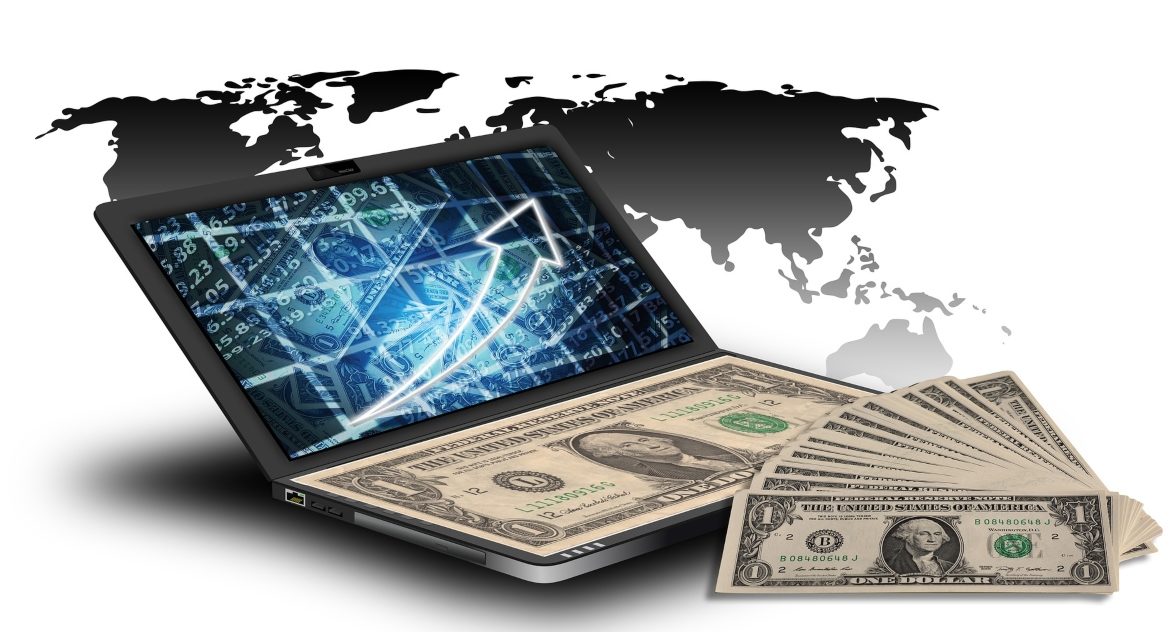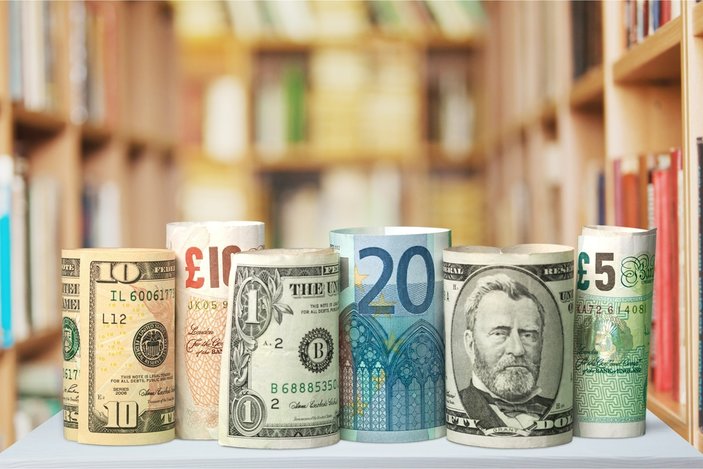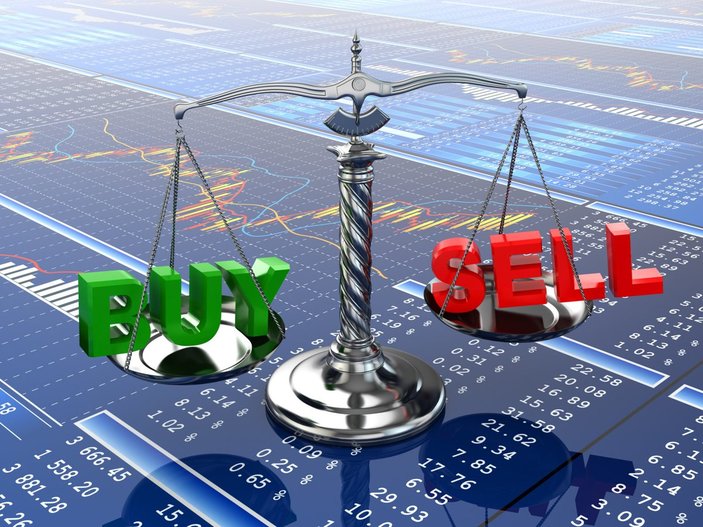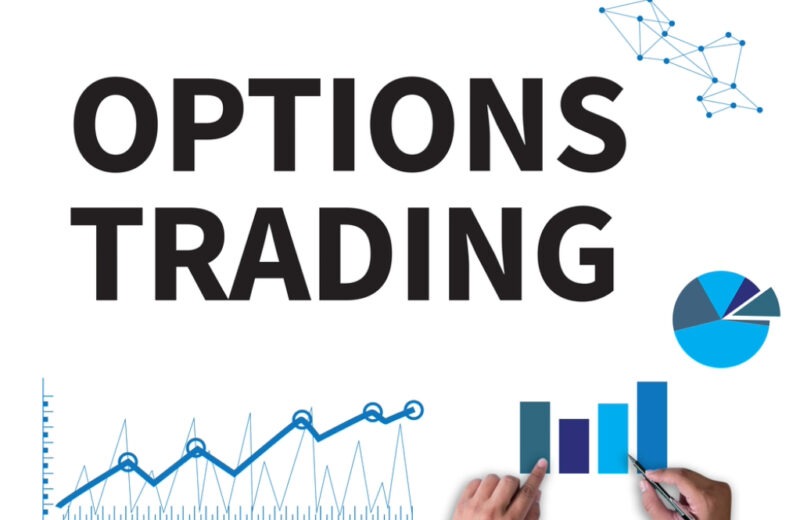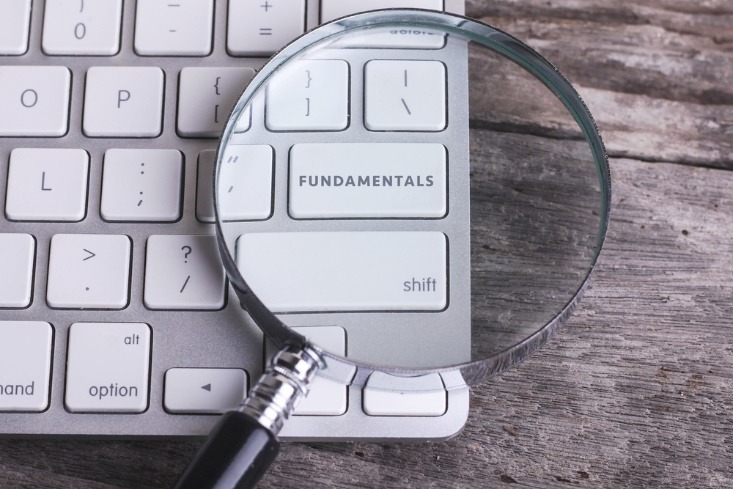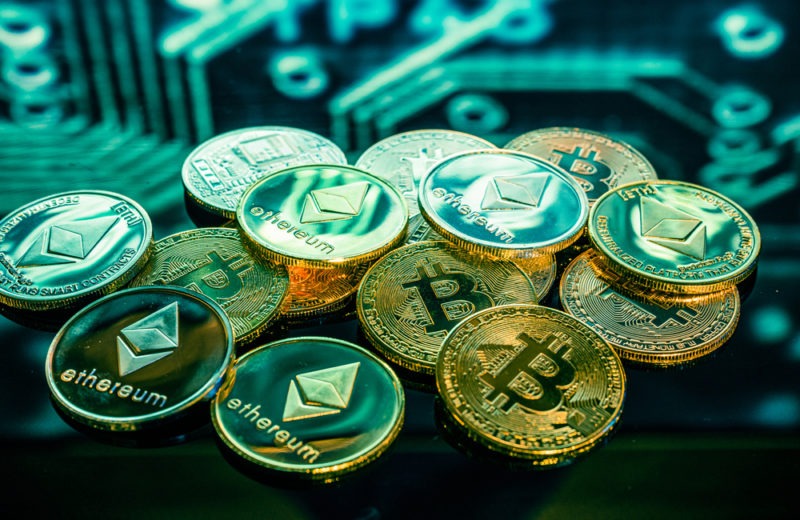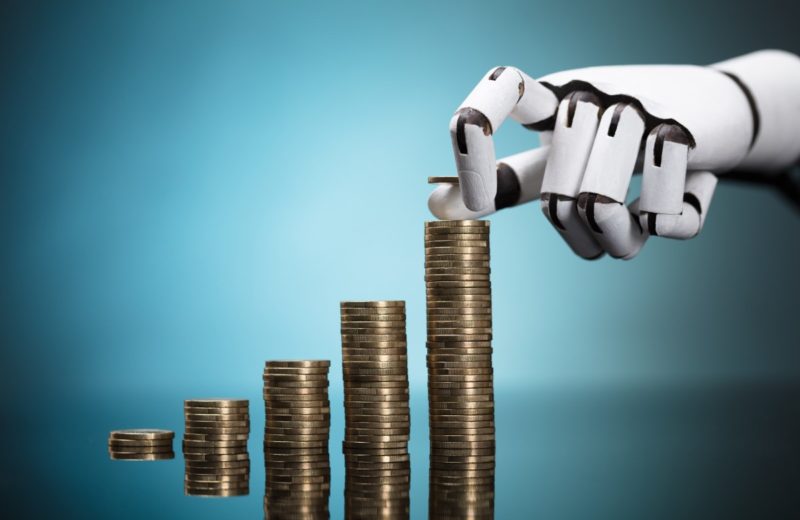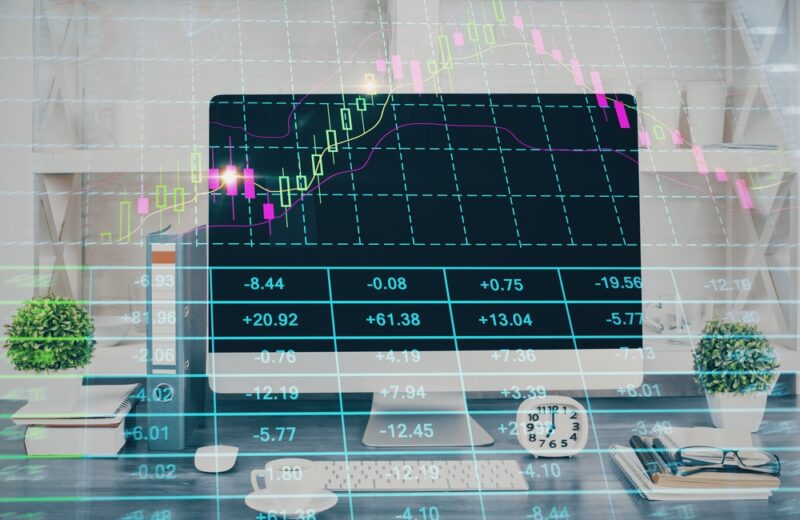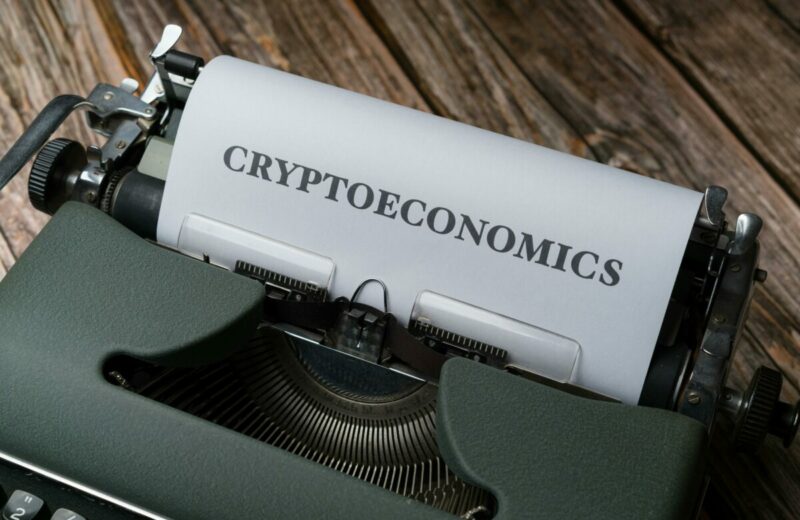The forex market is a large financial sector that penetrates all over the globe. There are no central figures controlling this market, as the transactions that take place in it are quite simple and because it is just so large. The market is simply the place where people exchange currencies. There are more local central authorities for standardising the value of currencies of countries. However, there really are no exchanges or such institutions that you would find for say the forex market.
Therefore, in this article, we want to take a peek into just how the forex market works. We will discuss its structure, its participants, and how all the moving parts interact.
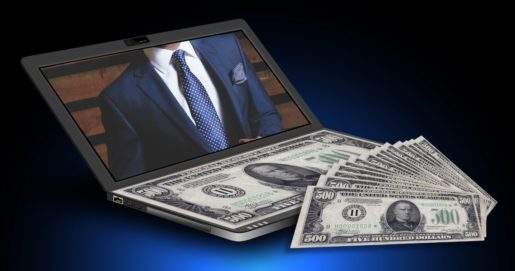
The reality of forex markets
The forex market, as we have already mentioned, has no central figure. In fact, it seems like quite an incomprehensible endeavour to even try to centralise such a market. This is both a positive and a negative for traders. There is a lot less convenience for them in the forex trading world for one. However, on the flip side, they have far more flexibility. They can visit a variety of dealers and decide which one is the best for them to compare and contrast. In a centralised model, there would be far less options, so you could get something reliable but not necessarily optimal.
Since money is on the line, there is a lot of competing dealers out there in the forex trading world. They all want the attention of potential traders and will want to outdo their competition. Thus, many of them will offer the best possible service they can.
So, what are the types of services you can look for when trading in forex? Which ones will be useful for you?
Forex market players
There’s a whole range of different institutions in place that can help you out with the forex market. Their services differ, so finding out their differences is key.
Normal banks
The first one to consider is the banks. Banks are omnipresent and take a hand in all sorts of financial transactions. Currency transactions are no exception, as many people go to them to get their currency exchanged. After all, they have great volumes of funds which they can exchange for people. Therefore, banks have a hand in the forex market.
When it comes to banks, the phrase used to refer to their specific forex market is the interbank market. This was a system where banks worldwide joined up to create their own forex market. This was greatly aided by the dissolution of the Bretton Woods Agreement. This agreement meant the all the world’s currencies were measured relative to the dollar. The agreement originally replaced the US gold standard in the 70s.
Banks now have faculties, trading desks, that allow any willing traders or other clients to exchange their currency. They started getting even more daring and would make agreements on speculative trades. How do they make their money then? Well, they do not offer true market prices to clients. Instead, they will offer bid prices that are slightly lower than the market prices. Their ask prices will be slightly higher than the market prices. They then get to keep the difference for themselves.
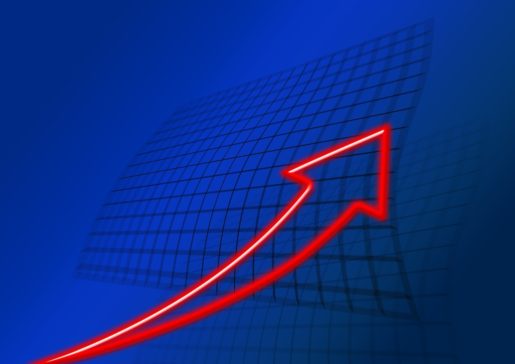
Central banks in the forex market
Central banks took notice of such dealings and, of course, wanted to take a hand in the forex market.
Central banks help keep the economies of their countries afloat. They set all sorts of policies and put programs in place to ensure that their economies. These programs are usually to do with inflation. Due to the importance central banks have in the country they are based in, their effects on currencies are huge. They practically set exchange rates themselves, letting people see prices at any moment.
The banks then involve themselves in the market. They make payments for international exchanges, take care of currency reserves, among other considerations.
Conclusion
So there are a few of the institutions that are involved in the forex market. Next time, we will explore a few more of these institutions (including corporations and the range of independent retail traders). We will then also explore how the markets work and how one should take proper advantage of these institutions.


